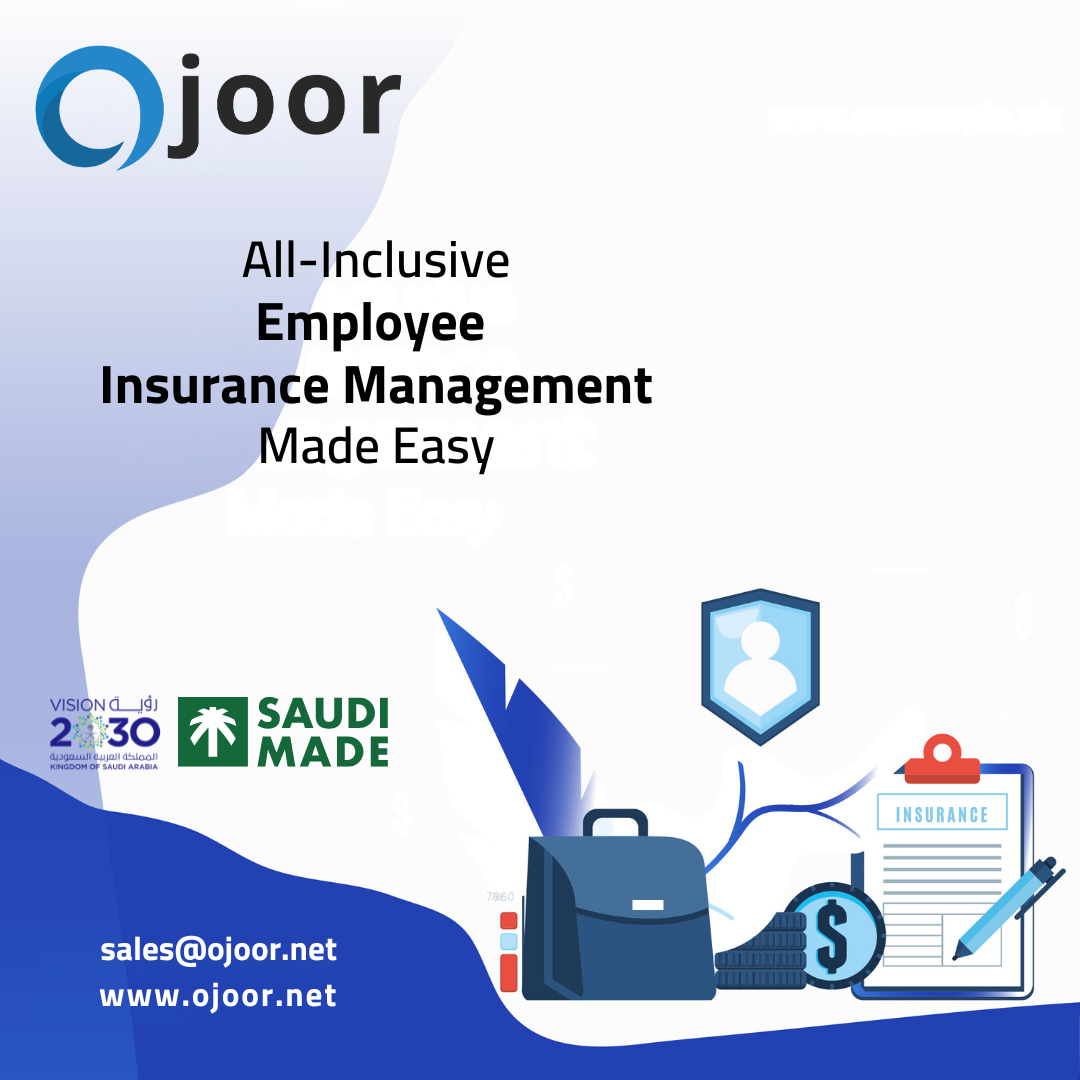Ojoor # 1 is one of the top LMS training in Saudi Arabia. It increasingly recognizes the importance of employee training and development, Learning Management Systems (LMS) have emerged as invaluable tools for delivering and managing training programs. However, the implementation of LMS training initiatives in Saudi Arabia comes with its own set of challenges, including cultural factors, technological constraints, and regulatory considerations. This article explores the key challenges faced by organizations in Saudi Arabia when implementing LMS training initiatives and offers strategies to overcome them.
Click to Start Whatsapp Chatbot with Sales
Mobile: +966547315697
Email: sales@Ojoor.net
Ojoor #1 LMS training in Saudi Arabia

Cultural Factors and Resistance to Change
One of the primary challenges in implementing LMS training in Saudi Arabia is cultural resistance to change. Traditional work cultures may view new technologies and learning methodologies with skepticism, leading to a reluctance among employees to embrace LMS platforms. Additionally, hierarchical structures and rigid organizational hierarchies may hinder the adoption of self-directed learning and collaborative training approaches facilitated by LMS systems.
Language and Localization
Language diversity poses a significant challenge for LMS implementation in Saudi Arabia, where Arabic is the primary language of communication. Ensuring that LMS platforms support Arabic language interfaces, content localization, and cultural nuances is essential to facilitate effective training delivery and engagement among Saudi employees. Furthermore, providing multilingual support and content translation capabilities can enhance accessibility and inclusivity for non-Arabic speaking employees.
Limited Technological Infrastructure
In some organizations, limited technological infrastructure and internet connectivity issues may pose challenges to the successful implementation of LMS training initiatives. In remote or rural areas, access to high-speed internet and reliable network connectivity may be limited, impacting the accessibility and usability of online training materials delivered through LMS platforms. Addressing infrastructure gaps and investing in technology infrastructure upgrades are crucial steps to overcome these challenges.
Compliance and Regulatory Requirements
Saudi Arabia’s regulatory environment, including labor laws, data protection regulations, and industry-specific compliance requirements, may pose challenges for LMS training implementation. Organizations must ensure that LMS platforms comply with relevant regulatory standards and data privacy laws, particularly concerning the handling of employee training records and personal information. Failure to meet compliance requirements can result in legal repercussions and reputational damage for organizations.

Training Content Relevance and Quality
Ensuring the relevance and quality of training content delivered through HRIS Systems is another challenge faced by organizations in Saudi Arabia. Inadequate or outdated training materials may fail to address the specific learning needs and job requirements of Saudi employees, leading to disengagement and low training effectiveness. Developing culturally relevant, engaging, and interactive training content tailored to the Saudi workforce’s needs is essential to maximize the impact of LMS training initiatives.
Resistance from Traditional Training Providers
In some organizations, resistance from traditional training providers, such as external training consultants or in-house trainers, may impede the adoption of LMS training initiatives. Traditional training providers may perceive LMS platforms as a threat to their role or expertise, leading to resistance or reluctance to embrace digital learning methodologies. Organizations must engage with traditional training providers, involve them in the transition to LMS-based training, and highlight the benefits of blended learning approaches that integrate traditional and online training methods.
Skills and Capacity Building
Building internal capacity and developing the necessary skills among employees and HR professionals to effectively utilize LMS platforms is a critical challenge for organizations in Saudi Arabia. Many organizations may lack the expertise and resources required for LMS implementation, customization, administration, and user support. Providing comprehensive training and support programs for LMS administrators, trainers, and end-users is essential to ensure the successful adoption and utilization of LMS platforms.
Budgetary Constraints and ROI Concerns
Budgetary constraints and concerns about return on investment (ROI) may hinder the implementation of OKRs in Saudi Arabia initiatives in Saudi Arabia. Organizations may perceive LMS platforms as costly investments requiring significant upfront expenditures for software licenses, customization, and training. Demonstrating the tangible benefits of LMS training, such as improved employee performance, productivity, and retention, is crucial for securing management buy-in and investment in LMS initiatives.
Strategies to Overcome Challenges
Cultivate a Culture of Continuous Learning and Innovation
Organizations should foster a culture of continuous learning and innovation by promoting the value of lifelong learning, encouraging experimentation with new technologies and learning methodologies, and recognizing and rewarding employee participation in training initiatives.
Invest in Technology Infrastructure and Support
Allocating resources for technology infrastructure upgrades, internet connectivity improvements, and technical support services can enhance the accessibility, reliability, and usability of LMS platforms for Saudi employees. Leveraging cloud-based LMS solutions and mobile learning capabilities can also mitigate infrastructure challenges.
Collaborate with Regulatory Authorities and Compliance Experts
Engaging with regulatory authorities, compliance experts, and legal advisors to ensure alignment with local labor laws and data protection regulations is essential for LMS implementation success. Establishing clear policies and procedures for data privacy, security, and compliance can mitigate regulatory risks and build trust among employees.
Develop Customized Training Content
Partnering with content developers, subject matter experts, and industry practitioners to develop customized training content tailored to the needs, preferences, and cultural context of Saudi employees can enhance training relevance, engagement, and effectiveness. Incorporating multimedia elements, gamification, and interactive simulations can enhance content appeal and retention.
Foster Collaboration and Change Management
Implementing change management strategies and fostering collaboration among stakeholders, including HR professionals, IT teams, line managers, and employees, can facilitate a smooth transition to LMS-based training initiatives. Providing opportunities for feedback, addressing concerns, and involving employees in decision-making processes can enhance buy-in and acceptance of LMS platforms.
Conclusion
While implementing LMS training initiatives in Saudi Arabia poses several challenges, organizations can overcome these obstacles through strategic planning, collaboration, and investment in technology, training, and compliance measures. By addressing cultural factors, technological constraints, regulatory requirements, and content quality concerns, organizations can maximize the benefits of LMS platforms and empower Saudi employees to develop the skills and knowledge needed for professional growth and organizational success.
Click to Start Whatsapp Chatbot with Sales
Mobile: +966547315697
Email: sales@Ojoor.net
LMS training in Saudi Arabia
LMS training in Saudi Arabia
LMS training in Saudi Arabia
What challenges faced by organizations LMS training in Saudi Arabia? similar software solutions prices were updated on 2025-10-02T11:45:28+00:00 in Saudi Arabia in Mecca, Medina, Riyadh, Khamis Mushait, Yanbu, Jeddah, Dammam, Unaizah, Uqair, Ha’il, Ta if, Al Bahah, Dhahran, King Abdullah Economic City, Najran, Diriyah, Qatif, Khafji, Jubail, Abqaiq, List of Cities and Towns in Saudi Arabia, Ras Tanura, Turubah, Jazan Economic City, Knowledge Economic City, Medina, Khobar, Abha, Tabuk, Saudi Arabia, similar software solutions prices were updated on 2025-10-02T11:45:28+00:00 We also provide in Saudi Arabia services solutions company in Hafar Al-Batin, Udhailiyah, Al-Awamiyah, Hofuf, Hautat Sudair, Buraidah, Tayma, Duba, ‘uyayna, Saihat, Al-Kharj, Al-ula, Jizan, Rumailah, Ar Rass, Arar, Shaybah, Al Majma’ah, Rabigh, Dhurma, Haradh, List of Saudi Cities by Gdp Per Capita, Badr, Sudair Industrial City, Baljurashi, Shaqraa, Al-Khutt, Habala, Ad Dawadimi, Dawadmi, Layla, similar software solutions prices were updated on 2025-10-02T11:45:28+00:00 Price is SAR 100 and this was updated on updated on 2025-10-02T11:45:28+00:00 similar What challenges faced by organizations LMS training in Saudi Arabia? software solutions prices were updated on 2025-10-02T11:45:28+00:00 in Saudi Arabia in Haql, Afif, Al-Abwa, Farasan, Al-Jaroudiya, Thadig, Al-Thuqbah, Al Wajh, Almardmah, Al-Zilfi, Muzahmiyya, Prince Abdul Aziz Bin Mousaed Economic City, Tharmada’a, Skaka, Um Al-Sahek, Sharurah, Tanomah, Bisha, Dahaban, Al Qunfudhah, Qurayyat, Saudi Arabia, Ha’ir, as Sulayyil, Al Lith, Turaif, Al-Gway’iyyah, Samtah, Wadi Ad-Dawasir, Az Zaimah, Safwa City, Jalajil, Harmah, Mastoorah, Hotat Bani Tamim, Jabal Umm Al Ru’us, Rafha, Qaisumah, Al-Ghat, Hajrah, Al-Hareeq. Excerpt: Jeddah (also spelled Jiddah, Jidda, or Jedda; Arabic: Jidda) is a Saudi Arabian city located on the coast of the Red Sea and is the major urban center of western Saudi Arabia similar software solutions prices were updated on 2025-10-02T11:45:28+00:00 Price is SAR 100 and this was updated on updated on 2025-10-02T11:45:28+00:00
20-3-2024
